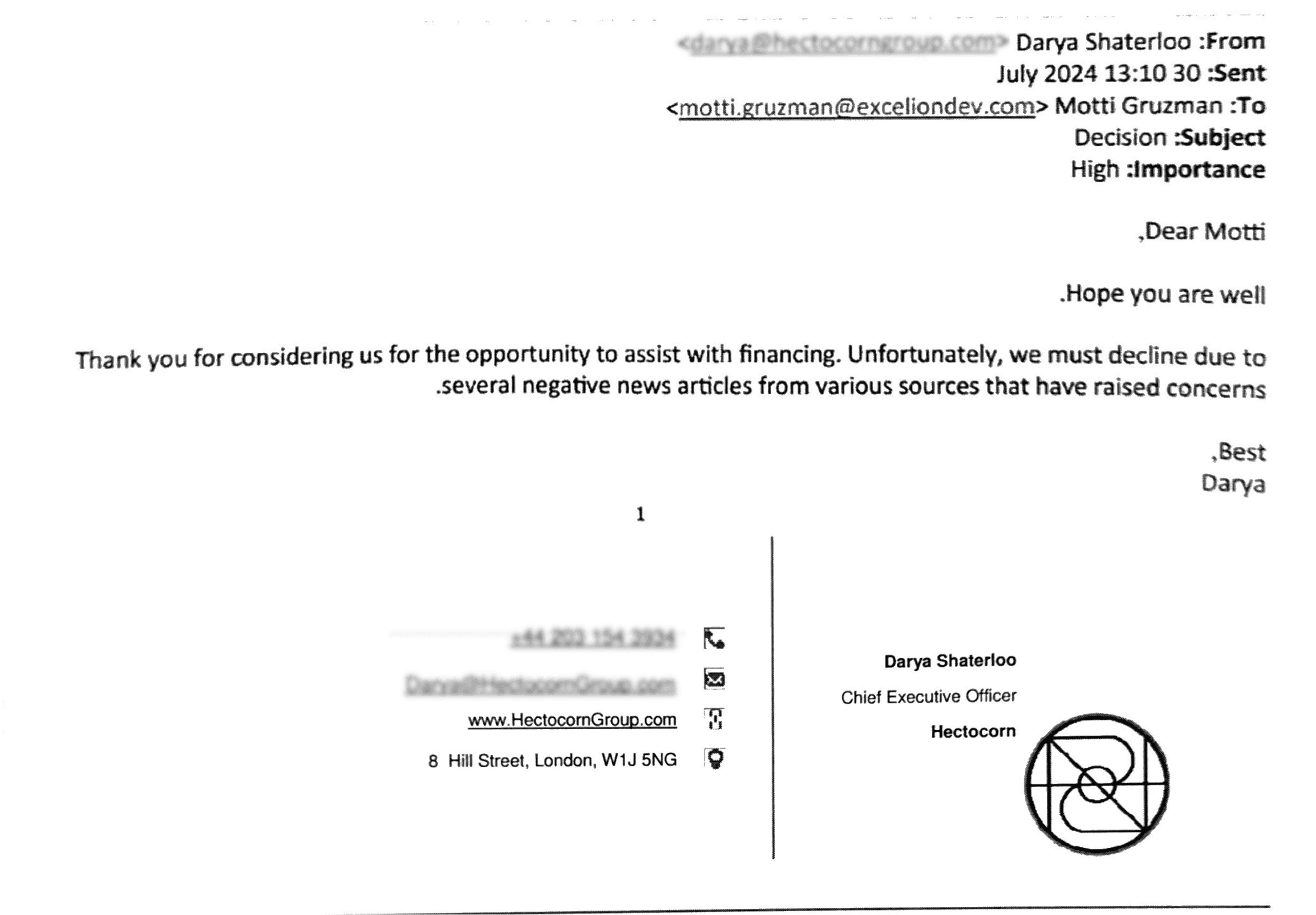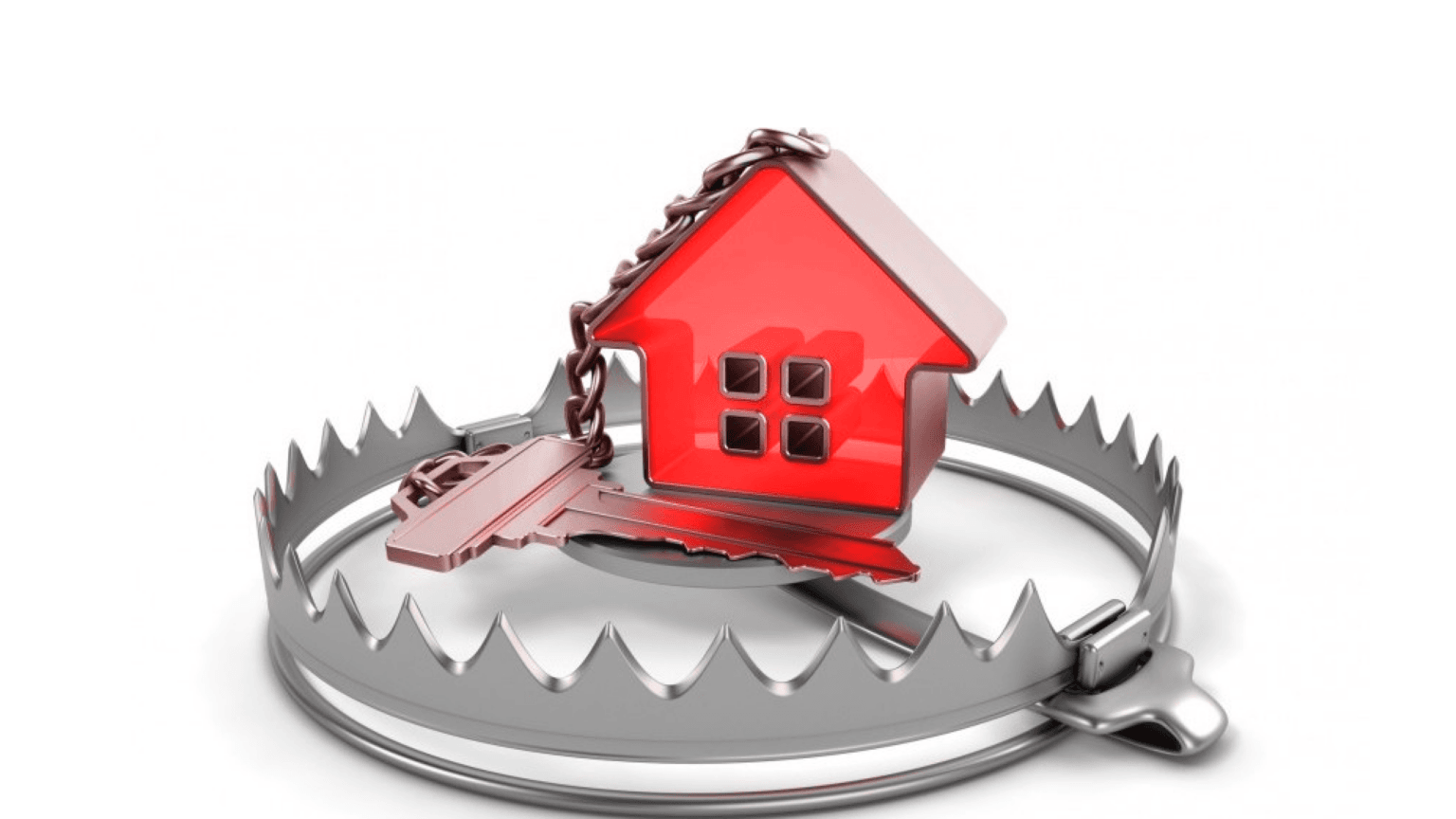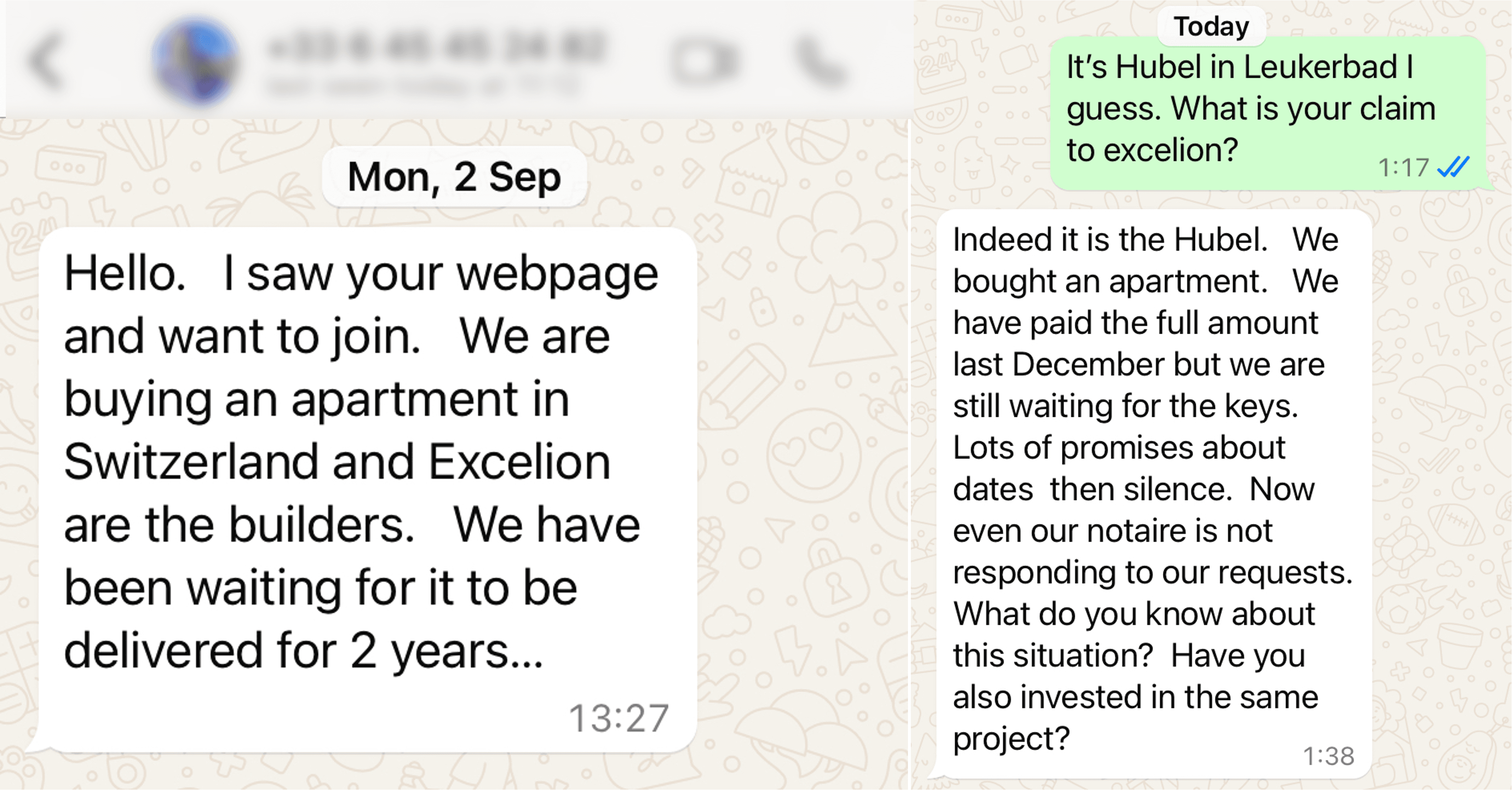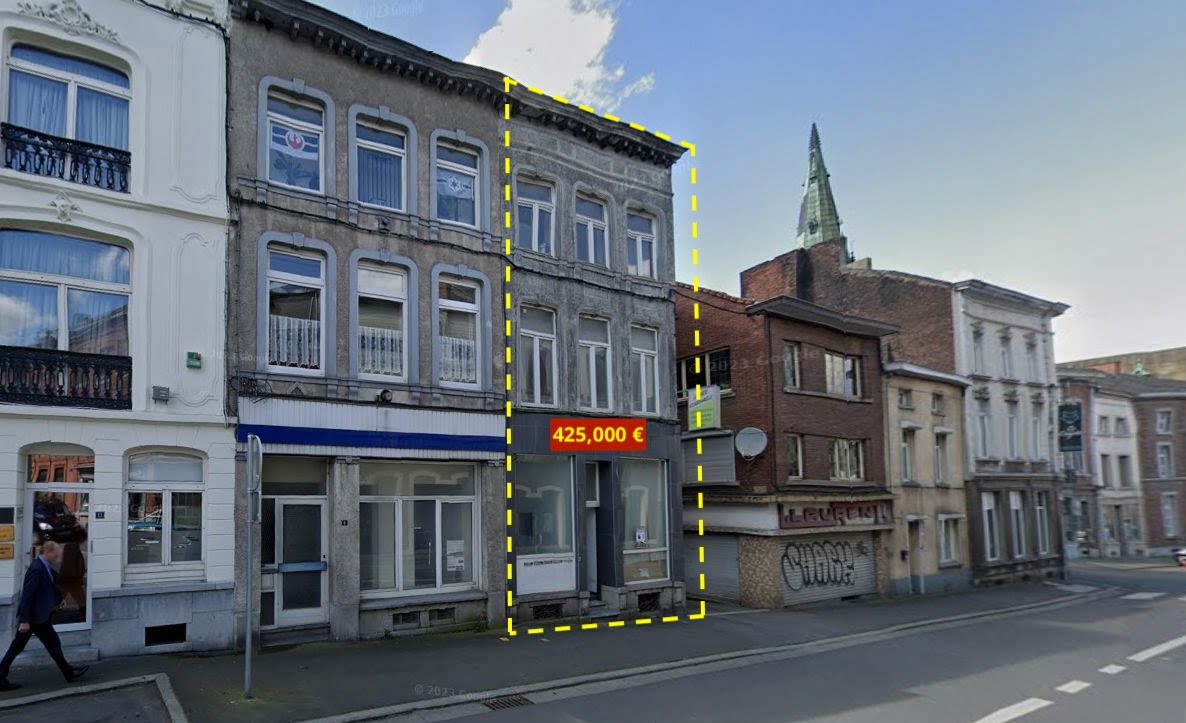Real Estate Scams: How it Works

Real estate scams target investors by creating illusions of profitable opportunities in property investment. These schemes leverage the perceived stability and profitability of real estate by manipulating information about properties, often playing on investors’ desire for high returns.
Here’s a breakdown of common types, mechanisms, and warning signs:
Types of Real Estate Scams
Fictitious Property Sales: Scammers advertise properties that don’t actually exist, are not owned by them, or have legal claims preventing their sale. They fabricate details or show manipulated images to convince buyers of the property's legitimacy.
Misrepresentation of Value: Unscrupulous sellers or brokers inflate a property’s value or potential returns. This often happens with distressed properties or properties in unstable markets, where the actual value might be far lower.
Phantom Developments: This scam involves selling investments in a property development project that never progresses or exists only on paper. The scammers collect initial investments, promising future returns that never materialize.
Multiple Sales of the Same Property: The same property is sold or “reserved” to multiple buyers, especially in high-demand areas. Investors may find later that their claims overlap, leaving them in dispute with other purchasers.
Rental Scams: Fraudsters may lease or sublease properties they don’t own. This is particularly prevalent in short-term rental markets, where tenants or subletters pay upfront and later discover they have no right to occupy the space.
Mechanisms of Real Estate Scams
False Documentation and Titles: Scammers may forge documents, including deeds, titles, or approvals, to make it appear as if they own or have the right to sell the property. Fake planning permits or construction licenses may also be produced to lend authenticity to their claims.
Complicated Investment Structures: Fraudsters may set up complex legal structures like shell companies or limited partnerships, making it hard for investors to track their investment’s real status.
Promises of Guaranteed Returns: One common tactic is to promise high or guaranteed returns. Scammers often emphasize the “inevitable appreciation” of property, disregarding risks and economic conditions that can affect real estate.
Insider Network: Fraudsters often claim privileged information or access to exclusive opportunities in “upcoming” areas. They may reference pending government projects, transport hubs, or other developments that supposedly enhance the property’s value.
Common Red Flags
Pressure to Invest Quickly: Scammers often pressure investors to make quick decisions, using urgency tactics like “limited units available” or exclusive deals.
Lack of Physical Inspection or Verification: If investors are discouraged from visiting the site or conducting independent appraisals, it’s often a warning sign. Fictitious developments are easier to pull off when buyers cannot or do not verify.
Unverified or Unknown Developers: Scammers often create new shell companies or partnerships with minimal history. Researching the developer’s previous projects, checking legal registration, and verifying their reputation can prevent this.
Complex Financing Arrangements: If the investment involves atypical financing or returns structures, such as unregulated crowdfunding or speculative promissory notes, this could indicate a scam.
Legal Repercussions and Investor Recourse
Civil Lawsuits: Victims can file civil lawsuits against fraudsters to recover damages. However, tracing funds and proving intent can be challenging if the scammers used complex structures.
Regulatory Bodies: Reporting fraud to real estate regulatory bodies, such as the SEC in the U.S., the Financial Conduct Authority (FCA) in the U.K., or equivalent bodies worldwide, can assist in uncovering ongoing scams.
Class Action Lawsuits: If multiple investors were defrauded, they may come together to file a class action lawsuit, allowing shared legal expenses and a stronger case against the perpetrators.
Preventative Measures for Investors
Conduct Thorough Due Diligence: Investors should verify property titles, development licenses, and any claims made about potential returns. Hiring an independent lawyer or real estate expert is often wise.
Be Skeptical of High Returns: Real estate returns typically correlate with local market conditions. Any promise of “guaranteed” or “above-market” returns should raise immediate concern.
Avoid Untraceable Payment Methods: Payments through wire transfers, cryptocurrency, or to offshore accounts can be red flags. Use verifiable, regulated payment channels and ensure you receive documentation for each payment.
Request Independent Appraisals: Have an independent and licensed appraiser or inspector examine any property you’re considering, particularly in unfamiliar or foreign markets.
Sounds familiar? Write to us!



















